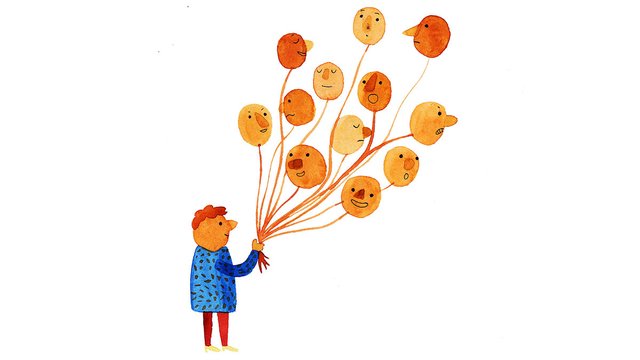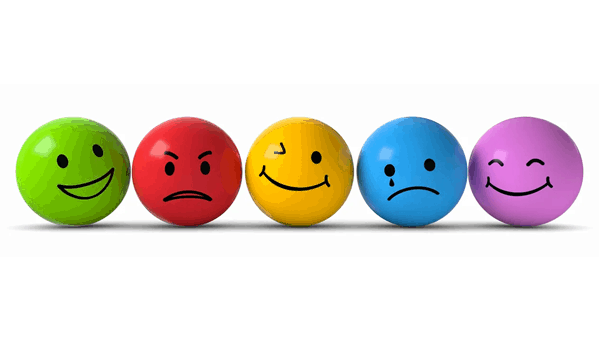Emotions Should Not Guide Decision Making
Emotions come from a wide range of sources, and it can be tricky to pin down the exact reason why we're feeling a certain way. Consequently, we often attribute our feelings to decisions we've made, which can be disastrous for our decision-making. Let's look at four common emotional drivers that can cause us to make bad decisions. Here are some tips for avoiding these pitfalls.

Anxiety
Many leaders struggle with anxiety, but they can learn to embrace it. In fact, successful leaders often react to anxiety by pushing through their fears and setbacks. This approach can actually help them build their resilience. It helps them to recognize and accept that their emotions are natural and can have a beneficial effect on their decision-making. Leaders should also treat themselves with compassion. Managing anxiety can help them become stronger, more compassionate, and more effective.
Regret
The role of regret in rational decision making is well established. This emotion is a predictive error signal that helps guide decision making. Recent neurobiological studies support this view. In the 1980s, economists proposed incorporating regret into the decision-making process. Currently, research shows that regret functions as an implicit learning process, incorporating both the cognitive and emotional components of decision-making. It does not, however, necessarily influence behaviour in a decision-making process.
Anger
Many of us react to anger with aggression. We use anger as a defensive mechanism to protect ourselves and others. Unfortunately, this reaction is not always the best approach. To help us better understand why we react this way, consider the evolutionary value of anger and how it affects our decision-making. Typically, we react in a way that is unproductive. The good news is that there are ways to overcome the feelings of anger and redirect your mind to make better decisions.
Happiness
The term happiness covers a wide range of concepts and may not represent the same thing for different people. Even researchers and policymakers struggle with defining happiness, and trying to determine what constitutes happiness can have unexpected and harmful results. Even when policies are implemented based on happiness measures, policymakers may find themselves substituting their ideas of happiness for what people actually value. In the process, they may exacerbate social problems. It is more important to consider the underlying principles that guide policy, and not simply use happiness as the sole metric to judge how good policies are.
Incidental emotions
While our instincts and emotions can be powerful motivators, they should not be the sole criteria for making decisions. Research on emotion and behavior shows that emotional states can shape our decisions, even in situations that are not related to the decision at hand. For example, fear and anxiety, which are a result of a threatening experience, will tend to divert us from actions that will lead to better health. In the case of a joint decision to treat a patient with prostate cancer, we have two different types of emotions.

Identifying the emotional basis of your feelings
There are some benefits to identifying the emotional basis of your feelings. First, they make your life easier and less stressful. When you know what emotions you have, you can make better decisions. Secondly, when you can identify the emotional basis of your feelings, you can better understand the people around you. Often, people don't realize how deeply their feelings affect others and are less able to understand their own emotions.